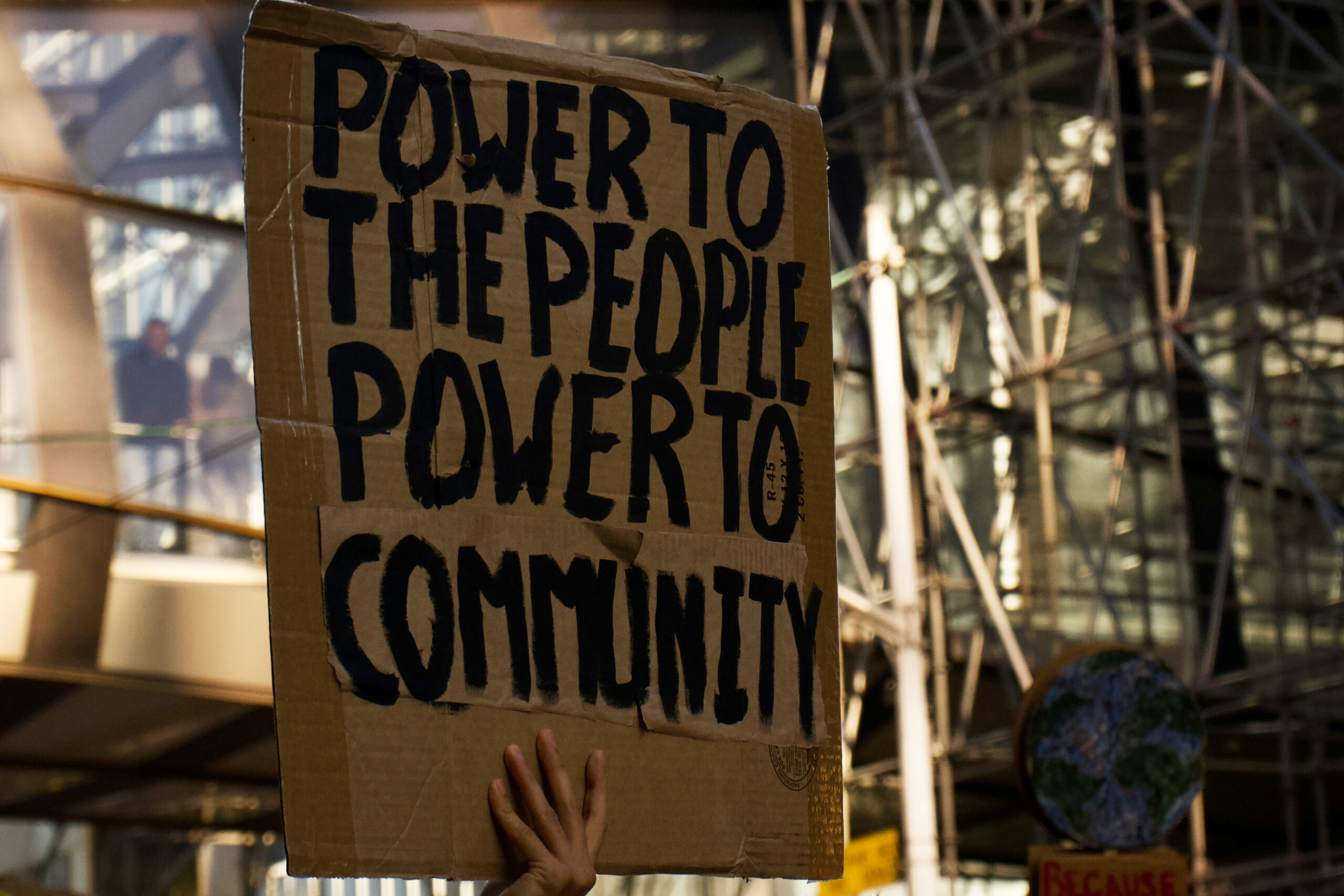International Day of Peace takes place every year on 21 September. The day provides an opportunity to explore, reflect and understand how to aspire peace.
The theme for World Peace Day’s twenty-fifth anniversary is “Culture of Peace”. But what does this mean? The United Nations describes “a culture of peace” as “a set of values, attitudes, traditions, behaviours, and ways of life based on respect [by] promoting non-violence through education, dialogue, and cooperation”. Education plays a transformative and crucial role in shaping the culture of peace. The first UN Messenger for Peace Pakistani activist and Nobel Prize laureate, Malala Yousafzai, shares the importance of education in fostering peace, “if you want to end the war, then instead of sending guns, send books. Instead of sending tanks, send pens. Instead of sending soldiers, send teachers.”

To mark this special day of World Peace, we are sharing eight practical and simple ways to develop a deeper understanding, do something positive and highlight the importance of building peace.
1. Take part in the Peace Challenge
Take part in the Move for Peace Challenge 2024, organised by World Beyond War a decentralised organisation with 100 affiliates around the world. Walk, jog, run, cycle, row, use your wheelchair, or any form of movement that moves you forward.

2.Get a Certificate in Positive Peace
Explore a free short course by the Positive Peace Academy (Institute for Economics and Peace) that introduces Positive Peace. The 2-hour free online course consists of training videos, quizzes, text and infographics, and a Facebook community. The course is also certified on completion of the course.
3. Follow Global Peace Conferences
Follow upcoming conferences. There is still time to submit a paper to International Conference on Global Peace 2025 which is taking place in Istanbul, Turkey (April 10 – 11 , 2025) or apply to become an Humanitarian Peace Ambassador at the 4th Global Peace Summit for emerging leaders in Bangkok, Thailand (January 15-17, 2025), organised by Humanitarian Affairs Asia.
4. Download the Positive Peace Report
Download the Positive Peace Report 2024, published early this year in April by the Institute for Economics & Peace (IEP). The report analyses the factors that build, predict and sustain peace. The IEP developed the Positive Peace Index (PPI) measures the level of Positive Peace in a country.

5. Deep Dive into Books on Peace
Take a deep dive by checking out the recently updated second edition of the Hand Book of Peacebuilding by Roger Mac Ginty (Published August 20, 2024).There are also several academic book series on peacebuilding such as Conflict, Development and Peacebuilding or the journal, International Affairs collection, Reading List: Peacekeeping, Peacemaking, and Peacebuilding.
6. Browse journal articles for free
Browse free-to-view articles from Third World Quarterly and Central Asian Survey that explore peace and peacebuilding in regions in the Global South. The articles have been made available temporarily as free-to-view until the end of October 2024.
- Taking account of authoritarian peacebuilding in Post-Liberal Statebuilding in Central Asia Nick Megoran (2023) Central Asian Survey 42(4), 732–734.
- The Chinese approach to peacebuilding: contesting liberal peace? Yuan, X. (2022). Third World Quarterly, 43(7), 1798–1816.
- The real deal? The post-conflict constitution as a peace agreement. Nathan, L. (2020). Third World Quarterly, 41(9), 1556–1574.
- Everyday peace and conflict: (un)privileged interactions in Kirkuk, Iraq. O’Driscoll, D. (2021).Third World Quarterly, 42(10), 2227–2246.
7. Explore non-traditional tools for peacekeeping
Find out about five non traditional tools used for peacekeeping. For Peacebuilding in IR, we often think of mediation, treaties, and international laws as tools, but this article explores how helicopters, engineering infrastructure, mine detectors, satellite images, and radio are helping to protect communities.
8. Raise awareness on social media
Act now and post on social media. Visit the International Day of Peace’s trello board where you can find social media assets and posters that can be used for and at your events. There is also a toolkit full of further ideas for action.



